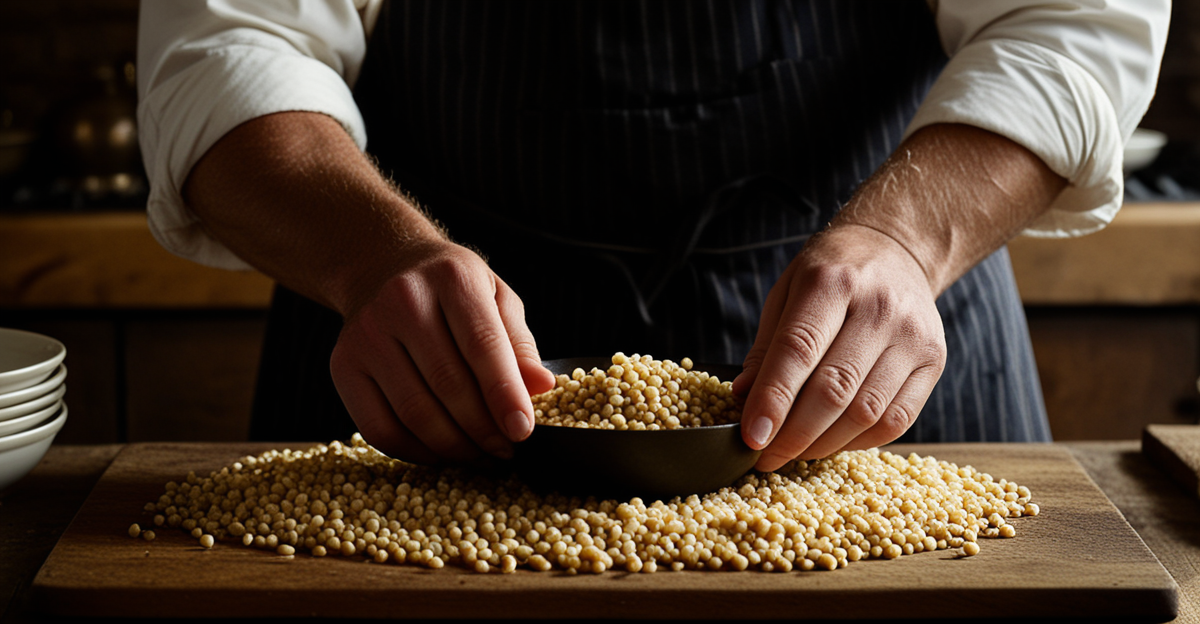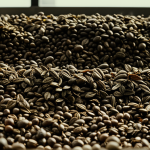Historical Roots of UK Cooking Techniques
Exploring the foundations that shaped British culinary practices
The origins of UK cooking trace back to the Roman occupation and Anglo-Saxon settlements, which introduced fundamental cooking methods still evident today. Romans contributed sophisticated techniques like baking and the use of herbs and sauces, enriching early British fare. Alongside this, the Anglo-Saxons brought simple but effective methods focused on boiling and roasting, essential for survival and flavour development.
Also to read : Why Are British Pies an Integral Part of UK Culinary Heritage?
During medieval times, the historical development of British cooking accelerated with the introduction of new spices and ingredients via trade routes. This period saw the rise of more elaborate cooking, including the widespread use of ovens, transforming baking from a communal event to a daily kitchen practice.
Technological progress such as improved iron cookware and early kitchen organisation profoundly influenced traditional cooking methods. Trade expanded ingredient availability, driving continuous adaptation. The synthesis of regional practices with external influences laid down the enduring traditional cooking methods that characterise British cuisine today. These foundations informed both rustic dishes and refined preparations that are still cherished.
Topic to read : What are the key techniques for making a mouthwatering toad in the hole?
Major Historical and Cultural Influences
Examining how diverse cultures enriched British culinary identity
The Roman influence on British cooking laid key foundations, introducing baking techniques and the use of herbs alongside refined sauces. Romans emphasized oven-based cooking, shaping the early origins of UK cooking and expanding flavour possibilities beyond boiling and roasting.
Following the Romans, the Norman conquest significantly impacted traditional cooking methods. Normans improved kitchen organisation and elevated roasting techniques, particularly with meats, embedding these approaches deeply into British cuisine. This fusion of Roman and Norman methods reflects the broader historical development through cultural intermingling.
Trade, migration, and empire further diversified British food practices. The influx of exotic spices and ingredients from overseas colonies introduced new flavours and techniques, enriching traditional cooking methods. Through centuries, British cooking evolved by assimilating external influences while preserving a distinct culinary heritage rooted in these past interactions.
Enduring Traditional Cooking Methods
Continuing the legacy of classic British culinary practices
Among traditional cooking methods central to British cuisine, roasting stands prominent, particularly for meats like beef and game. This technique, refined through centuries, maximizes flavour by using dry heat to create a browned exterior while maintaining tender interiors. Roasting’s popularity reflects both its practical roots and its role in festive meals.
Likewise, boiling has deep roots as a fundamental method used for soups, stews, and boiled puddings—a hallmark of British comfort food. Open-fire boiling exemplifies its heritage, offering slow, even heat crucial for melding flavours and textures. Such dishes highlight the historical reliance on simple, nourishing cooking techniques.
Baking evolved substantially, moving from communal stone or clay ovens to domestic kitchen ranges. This transition democratized baking, making breads, pies, and pastries daily staples rather than occasional treats. The origins of UK cooking predicated on these techniques illustrate a culinary culture valuing both functionality and comforting tradition. Together, roasting, boiling, and baking compose the core of Britain’s enduring traditional cooking methods.
Key Dishes Reflecting Traditional Techniques
Signature recipes emblematic of British culinary history
British cuisine showcases a variety of historical British dishes deeply rooted in its traditional cooking methods. Take roast beef, an iconic dish where roasting perfectly browns the meat’s exterior while retaining juiciness. This method exemplifies how roasting became central to British festive dining.
Yorkshire pudding, often served with roast beef, reflects the evolution of baking techniques. Initially prepared in communal ovens, it became a household staple as baking practices advanced, symbolizing the integration of traditional cooking methods into everyday meals.
Boiled puddings and hearty stews highlight the long-standing use of boiling and stewing. These dishes embody British comfort food, relying on slow cooking to blend textures and intensify flavours, preserving centuries-old culinary traditions.
Regional specialties, like Cornish pasties or Lancashire hotpot, further illustrate the connection between cooking approaches and local ingredients. Each dish tells a story of adaptation and resourcefulness, maintaining the historical development of British cuisine through preserved traditional cooking methods.








